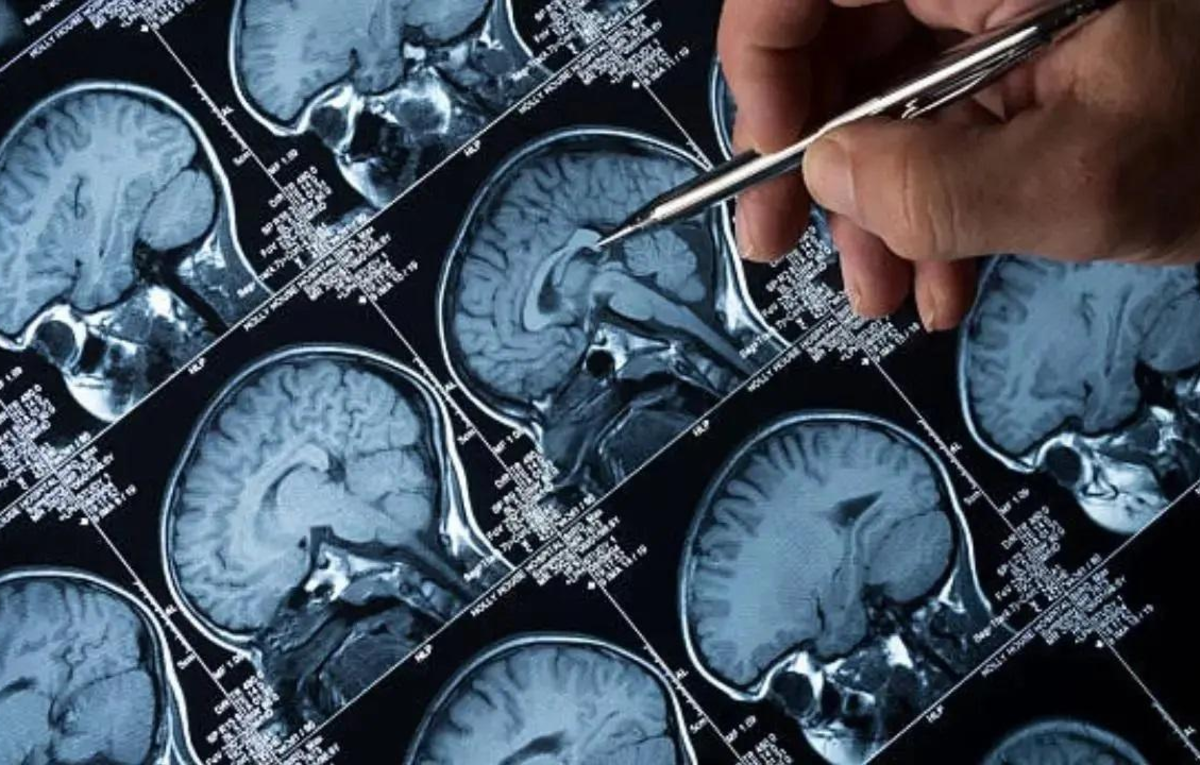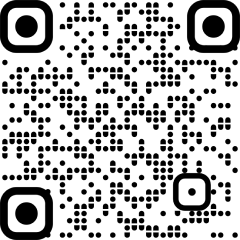Chennai: The Indian Institute of Technology Madras (IIT Madras) on Tuesday released the most detailed high-resolution 3D images of the fetal brain.
This pioneering work of Sudha Gopalakrishnan Brain Center from IIT Madras crosses the borders of Brain mapping technology and puts India in the global league of brain mapping science as this is the first work of its kind anywhere in the world.
This work would advance the field of neuroscience and potentially lead to the development of treatments for diseases that affect the brain.
This monumental work is the first time such advanced human neuroscience data has been produced from India. The project was done at less than a tenth of the cost in Western countries.
The research was conducted by a multidisciplinary team from IIT Madras with researchers from India and Australia. US, Romania and South Africa, and medical collaborations with Chennai-based Mediscan Systems and Saveetha Medical College Hospital.
This research, led by Mohanasankar Sivaprakasam, director of the Sudha Gopalakrishnan Brain Centre, IIT Madras, is critical for India as the country accounts for almost a fifth of the world’s births at 25 million each year, according to sources.
This makes it vital for the country to understand brain development from fetus to child, adolescence and young adult, and developmental disorders such as learning disabilities and autism.
This work was supported by the Office of the Principal Scientific Advisor to the Government of India, Kris Gopalakrishnan, IIT Infosys. Premji Invest. est, Distinguished Alumnus and Co-Founder of Fortis Healthcare Madras, and Agilus Diagnostics. NVIDIA, the leading artificial intelligence company, partnered with the Center to help process these petabytes of brain data.
Key applications of high-resolution brain imaging are advances in current fetal imaging technologies, for early diagnosis and treatment of developmental disorders.
These findings from this research have been accepted for publication as a special issue by the Journal of Comparative Neurology, a century-old peer-reviewed systems neuroscience journal.
The Indian Institute of Technology Madras (IITM), India’s top-ranked premier technology institution, launched its state-of-the-art Sudha Gopalakrishnan Brain Center in 2022 to drive a large-scale multidisciplinary effort in the fields of science and technology. computing and medicine and mapping human brains at the cellular level. Its vision is to become a world-leading R&D center for human brain research with a transformative impact on neuroscience and neurotechnologies.
The Center has developed a world-class high-throughput histology system that processes entire human brains into high-resolution digital images at petabyte scale.
These unique, first-of-its-kind data sets of human brains of different types and ages provide an unprecedented high-resolution view of human brains that reveals cellular-level details throughout the brain.
In just two years, the Center has acquired more than 200 brains of different types, ages (fetal, neonate, young adult, adult, old age) and diseases (stroke, dementia) from various medical institutions in the country, and has processed them into cells. . high-resolution digital volumes through the Center’s high-throughput imaging platform.
The Center is uniquely positioned to achieve global leadership by generating the world’s largest repository of human brain data of various types that will serve as a global reference for decades to come.


